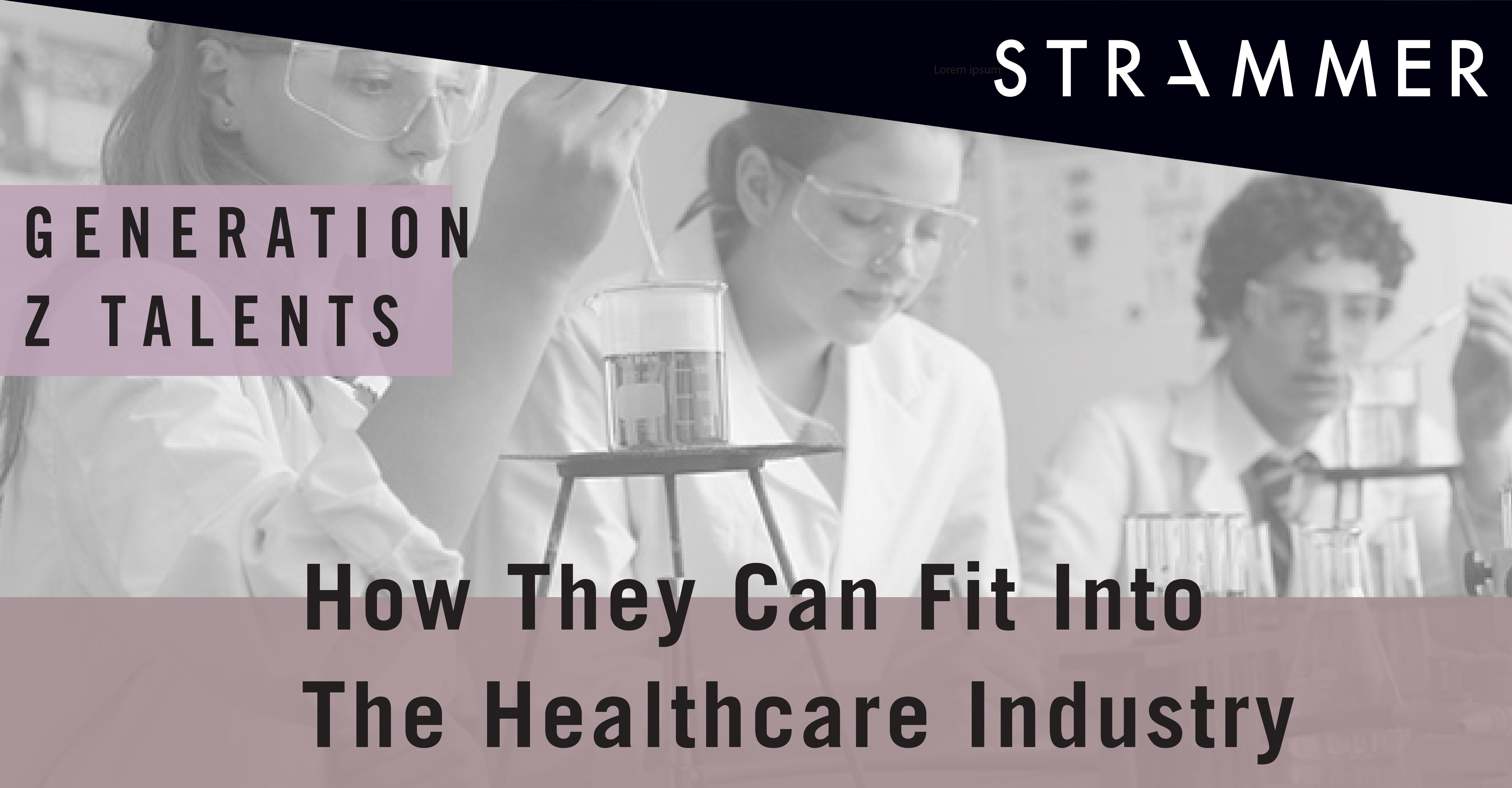Gen Z talent and how they can fit into the Healthcare Industry
A new generation of labourers is entering the workforce, the Generation Z (Gen Z). This new wave of thinkers is predicted to master the new age of technological advancements that grows rampant in today’s economy. The healthcare sector is no different as artificial intelligence has already made a significant impact on the industry, allowing the sector to transform and grow. So, where does this leave our young tech ‘gurus’? Where can they fit into the healthcare industry?
Termed as ‘Digital Natives’, members of the Gen Z, those born between 1997 to 2010, tend to flourish in their adaptability towards technology, especially so since 97% of them can think of nothing else. In fact, a survey done on a popular job listing platform showed the top 3 jobs coming from the technical field, while the number 1 position reflected those willing to work as or within the iOS Developer field. Although this comes as no immediate surprise given their background, finding out how such gifted talent can be suitable for the Life Sciences industry is the next probable step forward.
Artificial intelligence in the healthcare field has led to interesting job openings for curious and active talent like those seen in Generation Z. The attractive pay package that is associated with such jobs makes it ever more a secured incentive. Such jobs are as follows:
♦ Medical Diagnostics– AI has proven to be a critical aid in diagnosing sometimes complex to unthinkable cases of common to rare diseases with accurate precision. Such findings have even baffled well-trained medical professionals. AI diagnostics are now derived easily from intricate algorithms which can be easily obtained from a combination of input data by common Gen Z programmers or computer technicians of modern day. An example of this is a simple algorithm that determines the adverse effects of common and future drugs in the pharmaceutical industry.
♦ Medical Research– With medical technology evolving, members of Gen Z can fit in quite comfortably. New research data can be quickly produced with the help of AI applications which can lead to faster medical solutions, thus, improving the livelihood of patients. For example, after extensive research, scientists and bioengineers were finally able to create the first ever 3D bio printed artificial cornea with human cells.
♦ Surgical Assistance– Gen Z engineers will most certainly shine in this division as their technical know-how in robotics will be highly valued. Mechanical assistance before and after surgical procedures is on the rise. For example, the recent invention of e-skin and non-invasive brain computer for robotic movement has been making new headlines as alternatives to basic medical prosthetics
What is promising is that members of Gen Z already acquire the necessary soft skills that can produce leaders and innovative thinkers. In a recent survey among high school students in USA, it showed they possessed:
♦ 81% in Communication skills;
♦ 80% in Collaboration skills;
♦ 72% in Critical thinking and
♦ 69 % in Creativity/ Innovation skills
Medical companies and consultancy firms within the healthcare industry, have now addressed the need to devise programmes to help young talent within Gen Z group to continue developing their soft skills or non tech skills. Such programmes can include mentorship programmes or projects. Such activities are a sure way to improve their logic, thinking and even judgement skills.
Overall, Generation Z is an exciting group of talent that matches perfectly well with the demands and wants for highly qualified labour in the healthcare industry. Medical professionals and organisations alike must take the opportunity to attract and utilize this new form of labour in hopes of benefiting the talent, the company and even future patients in need.
References:
- ‘True Gen’: Generation Z and its implications for companies, McKinsey
- Gen Z and Skills Gap, January 2019, Getting Smart
- How Artificial Intelligence is changing your Career in Science. Balance Careers





